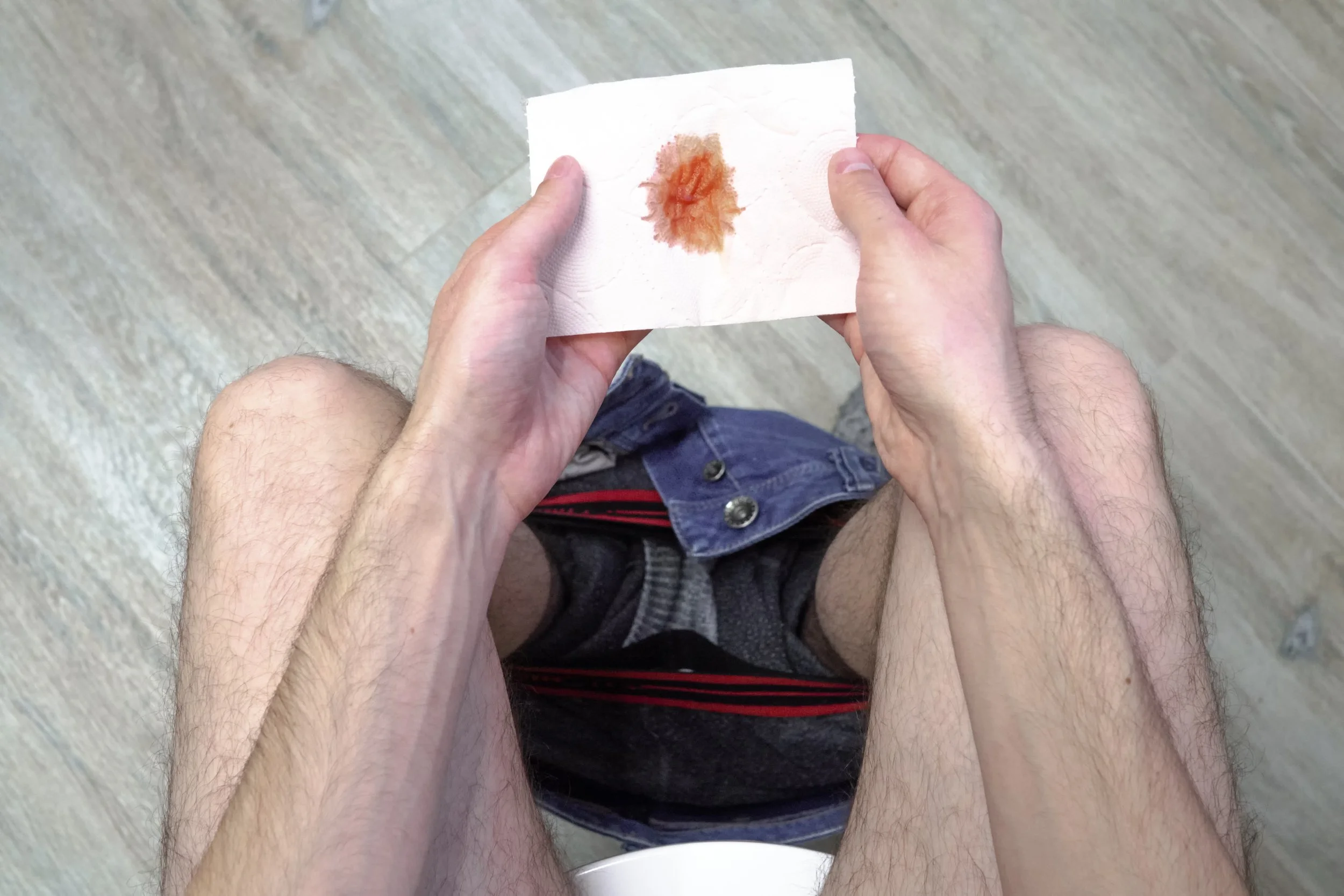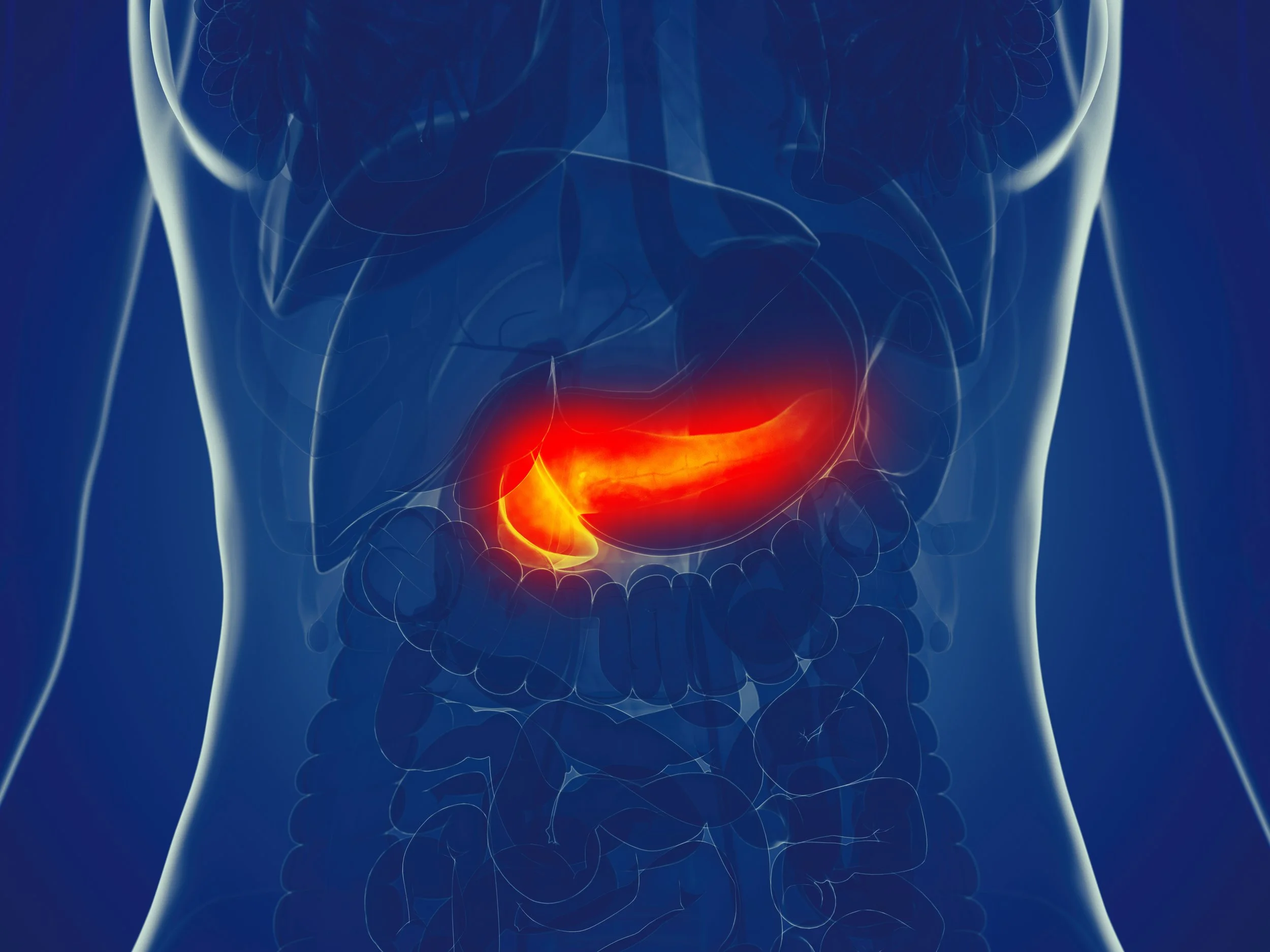Welcome to The Pearl Log — where post-shift wisdom surfaces, one shiny clinical take at a time. Some pearls are fresh, some are rough, all are found under pressure.
Find a Pearl

Diverticula and Dislocations (Shoulder)
Antibiotics aren’t always required for uncomplicated diverticulitis—per the DINAMO trial, selected immunocompetent patients did just as well without them.
For shoulder dislocations, keep ultrasound in your back pocket—it’s fast for diagnosis and reduction confirmation. Have a few techniques ready (Cunningham, FARES, traction-countertraction). No single trick works every time.

Fecal Occult Blood Testing…Just Stop. Please.
FOBT and FIT don’t earn their keep in the ED. They were built for outpatient colorectal cancer screening, not acute GI bleeding—and they’re unreliable for both upper bleeds and clinical decision-making. A patient’s story, vitals, and hemoglobin drop tell you more than any stool card ever will. If the result wouldn’t change your management, don’t order the test.

Rectal Exam in the Neutropenic Patient
A fair question for a risky host: should you really be doing a rectal exam in someone whose ANC is circling the drain?
The logic against it is sound—fragile mucosa, easy bacterial entry, high stakes. Yet the evidence behind the “never” is mostly tradition, not data. However, if another test can get you the answer, let it. Some doors just aren’t worth opening.

Acute Pancreatitis in 2025
Acute pancreatitis: common, painful, and often over-imaged.
Diagnosis usually just needs pain and a lipase 3× ULN—no CT required. The 2024 ACG guidelines emphasize moderate LR resuscitation (not aggressive), early enteral feeding, and early cholecystectomy for gallstone cases. Most cases are mild, but 1 in 5 can worsen fast, so disposition hinges on oral tolerance, vitals, and follow-up reliability.

Acute Diverticulitis Updates
CT with IV contrast remains the imaging workhorse, but well-appearing patients with a classic history may not always need a scan. Uncomplicated cases could skip antibiotics altogether if they’re stable, tolerating PO, and low-risk for progression. Complicated cases still require a surgical consultation.
